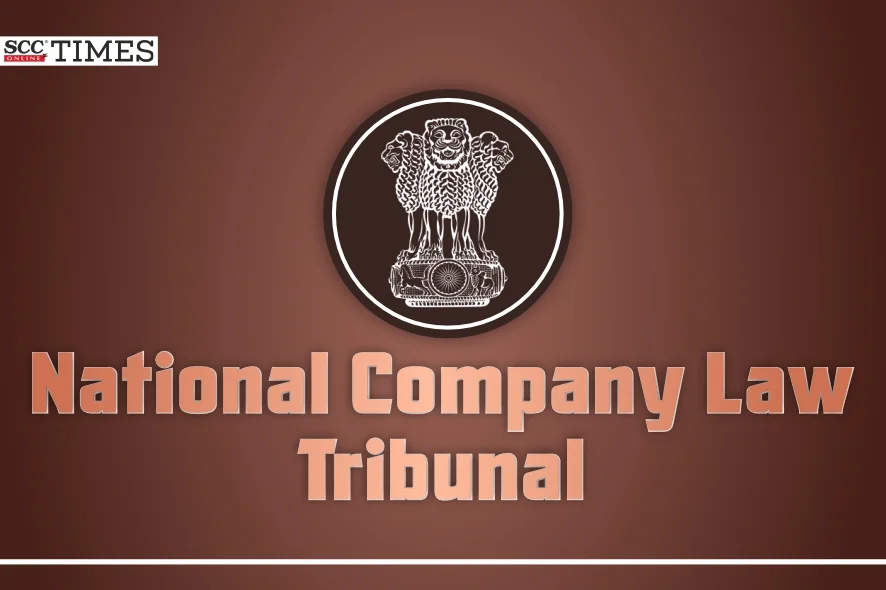National Company Law Tribunal, New Delhi: In an application filed by Bollywood actor Akshay Kumar against Cue Learn Private Limited, a company providing tutoring services, under Section 9 of the Insolvency and Bankruptcy Code, 2016 (IBC) read with Rule 6 of the Insolvency and Bankruptcy (Application to Adjudicating Authority) Rules, 2016, a Division Bench of Manni Sankariah Shanmuga Sundaram* (Judicial Member) and Dr. Sanjeev Ranjan (Technical Member), held that the alleged claim-debt did not qualify as operational debt under Section 5(21) of the IBC and dismissed the application.
In the instant matter, the Applicant entered into an Endorsement Agreement with the respondent on 08-03-2021 to endorse the respondent’s services. The agreement stipulated services for two days (dedicated period) against a total consideration of ₹8.10 crore payable in two tranches, (i) ₹4.05 crore (paid on 04-03-2021 for services rendered on Day 1) and (ii) ₹4.05 crore plus GST, due on or before 15-04-2022 or seven days before Day 2 services, whichever is earlier. The Applicant issued a Demand Notice under Section 8 of the IBC.
The applicant claimed that despite rendering services on Day 1 and complying with the agreement, the respondent failed to pay the second tranche due on 15-04-2022, amounting to ₹4.83 crore (inclusive of GST and interest at 12% p.a.). It was contended that the second payment was not contingent upon rendering services on Day 2. It was stated that Clause 5.1.2 of the agreement stipulated that the payment was due irrespective of the utilization of Day 2. It was contended that the debt arose out of a contract for rendering services and, therefore, qualifies as an Operational Debt. It was lastly contended that respondent utilised the deliverables from Day 1 on social media platforms and benefitted from the applicant’s services.
However, the respondent contended that the second tranche was contingent upon mutual agreement on the date for Day 2 services, which the applicant allegedly did not fulfill. It was contended that the claim arises out of a breach of contract and therefore does not fall within the scope of an operational debt under the IBC.
The NCLT noted that as per Section 5(21) of the IBC, operational debt must arise from goods or services provided or employment dues. The NCLT asserted that in the present case, the Applicant’s claim pertains to a contractual breach, not a crystallized debt for services rendered.
The NCLT stated that the agreement clearly stipulated mutual agreement for Day 2 services, which did not materialize. The NCLT noted that Clause 7.2(a) states that in the event of the respondent’s default, the applicant’s obligation to render services would end, and the remedy would lie in damages, not operational debt.
The NCLT stated that adjudicating authority’s jurisdiction is limited to insolvency resolution for qualifying debts under the IBC. The NCLT asserted that claims for damages or disputes over contractual breaches fall outside the IBC’s scope. The NCLT stated that “the essence of the IBC lies in resolving insolvency matters through a process driven approach, and any deviation from its prescribed scope would undermine the legislative intent of the Code.”
“The jurisdiction of the NCLT is limited to adjudicating applications strictly within the framework of the IBC. The NCLT’s role is to oversee the insolvency resolution process for qualifying debts, and it cannot be expanded to encompass disputes of a contractual nature that do not fall under the operational or financial debt categories defined by the IBC. Accordingly, the NCLT is not the appropriate forum for adjudication of such claims.”
As the claim does not qualify as an operational debt under Section 5(21) of the IBC, the NCLT does not deem it appropriate to delve into further facts and merits of the case. The NCLT dismissed the applicant’s petition under Section 9 of the IBC, as the same is not maintainable.
[Akshay Kumar Bhatia v. Cue Learn (P) Ltd., 2025 SCC OnLine NCLT 348, Decided on 07-01-2025]
*Judgment by Manni Sankariah Shanmuga Sundaram (Judicial Member)
Advocates who appeared in this case :
Mr. Sanyam Saxena, Mr. Nubair Alvi and Ms. Ramya Aggarwal, Counsel for the Applicant
Prithu Garg, Parth Bhatia, Sukriti Verma, Yashodhara Burmon Roy and Shivam Singh, Counsel for the Respondent






